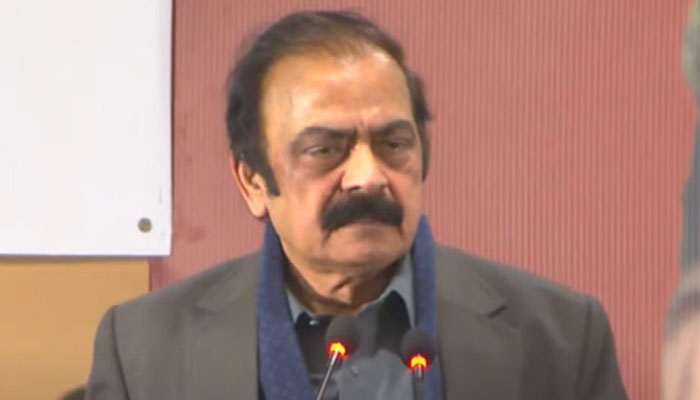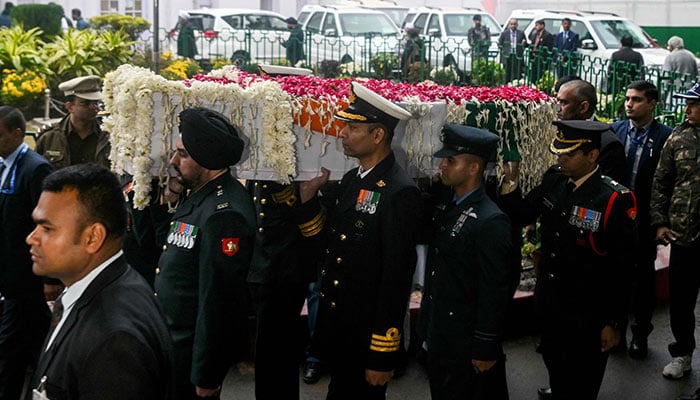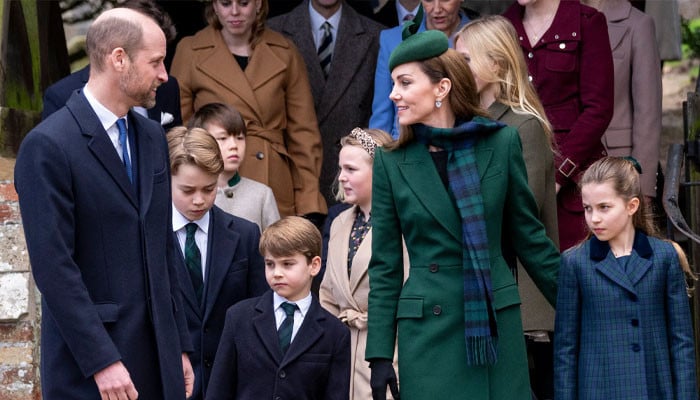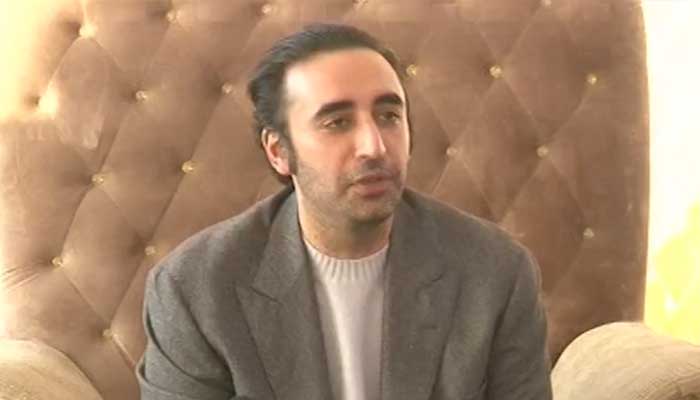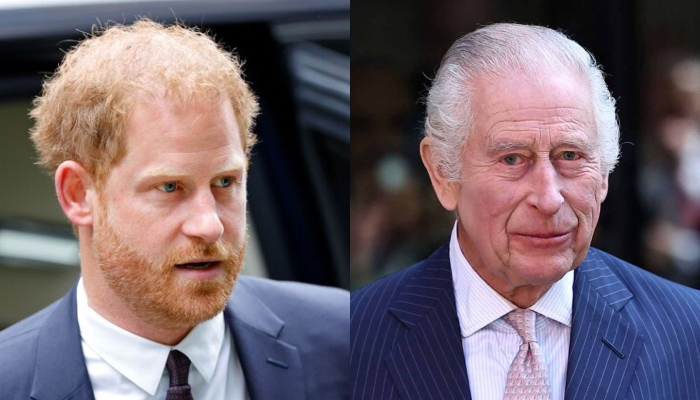Health
harking back: Khaled Ahmed: Lahore’s greatest son and his words
字号+ Author:Smart News Source:Sports 2025-01-13 07:51:44 I want to comment(0)
Last Sunday Lahore lost its finest son. He was a silent soul, but when he spoke, in a low measured tone at that, it was logical, truthful and able to silence the wisest. When he wrote, and he wrote a lot, it was convincing, and people took note. Let me repeat he was the finest son of our city. Given the times in which we live where worldly glitter matters, his was always a simple disposition. He was Khaled Ahmed the writer, intellectual, journalist, linguist, diplomat, thinker and reviewer of countless books. His collection at his home is a marvel onto itself. All over the sub-continent, from Shekar Gupta, India’s top journalist, to Pakistan’s Fakir Aijazuddin, a top writer and historian, everyone has described him as “Pakistan’s best mind”. In this piece let me go over his life as I knew him, and then try to analyse what he stood for and what he produced for us to read and learn from. We must also see how our warped communal society and its dodgy governments treated him, not that it bothered him an iota. But he understood it better than others. Probably that is why serving rulers and bureaucrats avoided him. But those who were honest and open in civil society embraced him. For them there was no other better. To put Khaled Ahmed in perspective a few compliments need repeating briefly. The writer and journalist Nadeem Farooq Piracha says: “An intellectual giant and a true fountain of knowledge”, Sabir Nazir, the famed cartoonist says: “The best mind and last of the giants”. The writer Nasim Zehra said: “A rare, learned scholar steeped in humility”. The praise is endless with each and everyone feeling that Pakistan has lost its best. Khaled Ahmed’s ancestors belonged to South Waziristan and the family settled in Jallandhar a few centuries ago. Khaled was born there in 1943. His father was a major in the army and initially he attended a local school. When he appeared for his matriculation examination from Central Model School, Lahore, he got a top position. But then he would say: “I knew very little English then but got into GC on cricket also being a strong point”. This is understandable for his cousins all living in Zaman Park were excellent cricketers, including Majid Khan, Javed Burki and the famous Imran Khan, not to forget his uncle Dr Muhammad Jahangir Khan, the pre-Partition Indian Test cricketer. In the Zaman Park ground, all these cousins played cricket, the very same ground where Khaled Ahmed’s funeral prayers were held last Monday. In GC, Khaled excelled with honours in his Master’s in English Literature and later went on to become a lecturer there. In college as a student, he became the editor of the famous English-language literary magazine ‘The Ravi’. Earlier, he was involved with the college weekly ‘The Gazette’. This truly was the foundations on which he was to build his life as a writer, journalist and intellectual. As was the trend in those days qualifying for the Civil Services examination was looked up at. Khaled did exceptionally well and joined the Foreign Service and got posted to Moscow, and later to East European capitals. Along the way he learnt Russian, German and other languages. But then he resigned and started life as a journalist. That was the beginning of his over 40-year career as a writer and thinker. He got to know all the well-known writers, poets and intellectuals of his time. I remember him coming to our house to listen to classical music or listening to poets like Faiz and Sufi Tabassum. He sat there silently. I once asked him why he never uttered a word. His reply was as simple as he was: “The best learning is by listening”. That was his way all his life. As a diplomat in Moscow as well as other East European stations, he got to deeply understand the working of the communist system, more so its shortcomings. Once back home he resigned and took up writing for newspapers. Very soon he joined ‘The Pakistan Times’ where he was an editorial writer. As a reporter in this newspaper, I faced the wrath of Gen. Zia, with lashes and police ‘lathis’. He was the first to turn up and his words I remember clearly. “Communal confusion and bloody violence are related. Try to get out before the armed thugs get you”. His words held true for a week later the doors of the newspaper were closed on me. So it was that I flew off to London and joined ‘The Birmingham Post’. There I got a letter from Khaled out of the blue. “Happy you are doing well. Now study, research and return”. Return I did and found that our newspapers were refusing to hire me. So, as I was on leave from ‘The Financial Times’ of London, I prepared to return. Again, Khaled Ahmed suddenly turned up. “Majid you are not to leave now. I will get you an excellent job as you are qualified”. So it was that I started working in a top packaging company. Then again, he turned up one day and said he had another opening for me as a new newspaper - ‘The Nation’ - was appearing and they need a commerce editor. So back to journalism I returned thanks to the watchful eyes of Khaled Ahmed. Once I started this ‘Harking Back’ column thanks to Zafar Iqbal Mirza, he became, as he himself claimed, a fan. “The simplicity and facts are gripping”. His compliments kept me going. But the analysis of Khaled Ahmed about the future of Pakistan needs much greater attention. He was of the firm opinion that the very people of this country are corrupt, and, therefore, their leaders are all corrupt. Once I asked him just why they are corrupt, and his simple response was: “Because of the communal system, they follow beliefs not facts and the fact is that everyone is corrupt and not willing to listen to the facts as we all know them”. It was an alarming analysis and conclusion. Along the way he wrote a book Sectarian War: Sunni and Shia Conflict. It is acknowledged as a masterpiece. His other books are Behind the Ideological Mask’, Everyday Words We Use, and Pakistan’s Terror Conundrum. Add to this thousands of columns he wrote. It was clear to him that like the Partition and the second Partition of 1971, if communal politics continue a third might very much be possible. “True freedom will save us, while corrupt governance will sink us … it is an invisible slow process that the corrupt cannot see”. The description of Khaled Ahmed by all those who knew him depict him as a scholar who listened and analysed it in the simplest of terms. He was no pessimist. He worked on facts and words. But then what he said are all unfolding … albeit correctly. Khaled Ahmed’s daughter Eman took great care of him to the end. He will be much missed.
1.This site adheres to industry standards, and any reposted articles will clearly indicate the author and source;
 Related Articles
Related Articles-
Gaza’s 130,000 children deprived of food, medicine: Save the Children
2025-01-13 06:42
-
سیاسی اور کھیلوں کے ایک ڈرامائی سال کے بعد دنیا نے 2025 کا خیر مقدم کیا۔
2025-01-13 05:46
-
امریکی ڈرائیور نے داعش کا جھنڈا لہراتے ہوئے نیو اورلینز میں بھیڑ میں گاڑی چڑھا دی، جس کے نتیجے میں 15 افراد ہلاک ہوگئے۔
2025-01-13 05:11
-
سابق صدر یون کی گرفتاری کا حکم
2025-01-13 05:09
 User Reviews
User Reviews Recommended Reads
Recommended Reads Hot Information
Hot Information- Two flash bombs fired into Netanyahu’s home
- نئی بنگلہ دیش کی کتابیں کہتی ہیں کہ ضیاء الرحمن نے، مجیب الرحمن نہیں، آزادی کا اعلان کیا۔
- نئی بنگلہ دیش کی کتابیں کہتی ہیں کہ ضیاء الرحمن نے، مجیب الرحمن نہیں، آزادی کا اعلان کیا۔
- اقوام متحدہ نے افغان خواتین کے این جی او کے کرداروں پر طالبان کی پابندی کی مذمت کی
- Story time: The intruders
- چین نے زور دے کر کہا ہے کہ اس نے کووڈ کے ڈیٹا شیئرنگ میں کچھ نہیں چھپایا۔
- تاریخ کے سب سے نامور روحانی پیش گوئی کرنے والے 2025 میں دنیا کو تباہ کرنے والی آفات کی پیشین گوئی کرتے ہیں۔
- سابق صدر یون کی گرفتاری کا حکم
- HIV/AIDS disaster
 Abont US
Abont US
Follow our WhatasApp account to stay updated with the latest exciting content




